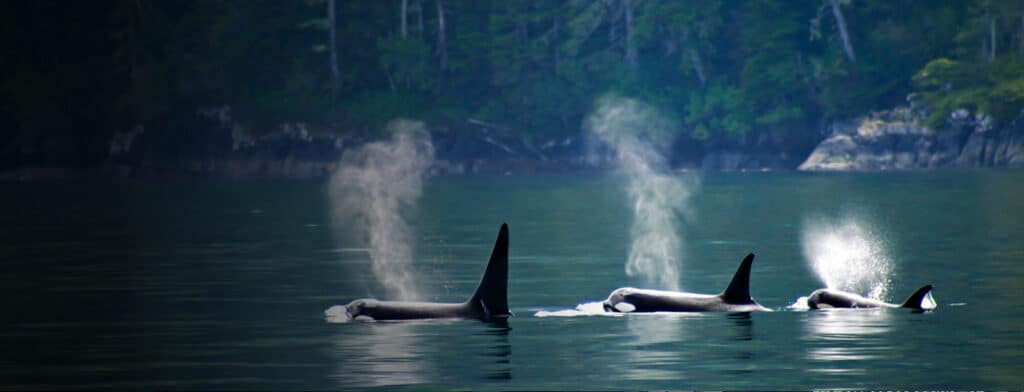
Resources
Search
Resource Type
Issues
Projects
-
Making a Bad Situation Worse: Manure Digesters at Mega Dairies in Wisconsin
The report documents the harmful community impacts associated with the rapid growth of anaerobic digesters in Kewaunee County, Wisconsin.
-
FOIA Response: Recommendations from EXIM Climate Council
Response to FOIA filed by Friends of the Earth US — email outlining recommendations from EXIM Climate Council.
-
2023 Annual Report
Read all about the wins that Friends of the Earth achieved in 2023, all thanks to the support of our powerful membership base.
-
EXIM Bank critical minerals comments
The civil society and Indigenous-led organizations below respond to EXIM’s request for information to assist the United States Export-Import Bank (EXIM) in supporting critical minerals projects.
-
Letter on H.R. 764
The rule that H.R. 764 would reinstate was hastily issued by the FWS at the end of the Trump administration to delist gray wolves in 44 states.
-
Public Enemies: Assessing MDB & G20 International Finance Institutions’ Energy Finance
Significant continued fossil fuel support by a handful of countries is blocking a globally just and equitable transition to clean energy.
-
Bull in the Climate Shop
Bull in the Climate Shop examines U.S. bank financing of meat, dairy, and feed corporations and the sizable climate impact of that financing.
-
U.S. – Mexico GMO corn dispute resources
Friends of the Earth U.S. submitted a brief describing significant new science on health risks of genetically engineered corn.
-
The Hydrogen Hustle: How the Biden Administration can prevent another fossil fuel subsidy
Led by Big Oil and other polluters, a massive lobbying campaign is underway to ensure that “clean hydrogen” is defined as laxly as possible. The largest single target of this lobbying blitz is the…
-
Artificial Intelligence Threats to Climate Change
Tech accountability and environmental groups sound the alarm on the potential harms of AI to the planet and information ecosystems.